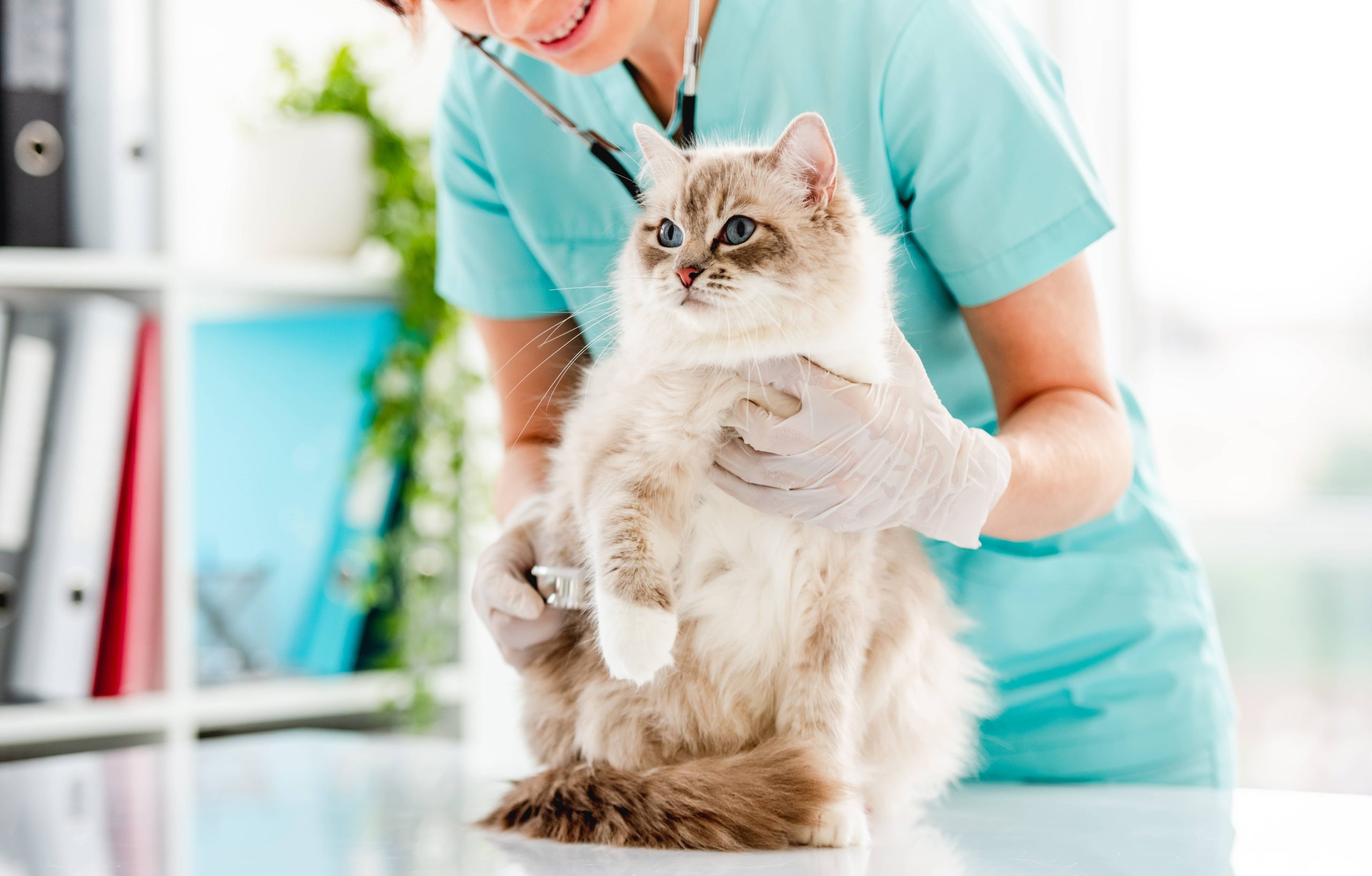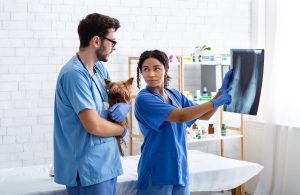
As pet owners, it is our utmost responsibility to ensure the health and safety of our furry companions. Yet, even with the most meticulous precautions, accidents can happen. One of the scariest situations any pet owner can face is discovering that their pet has ingested a potentially poisonous substance. Whether it’s a household cleaner, a toxic plant, or human medication, a prompt response is crucial. Here are comprehensive steps to take if your pet consumes poison.
1. Stay Calm
The first and most important step is to remain calm. Panicking can make it harder to think clearly and act efficiently. Your pet may also pick up on your anxiety, which can exacerbate the situation. Take a deep breath and focus on what needs to be done next.
2. Identify the Poison
If you catch your pet in the act of eating something potentially toxic or if you find out shortly after, try to identify the substance. Look around for any clues such as an opened bottle, chewed-up plant, or food packaging. Knowing what your pet has ingested can be immensely helpful for veterinarians in determining the appropriate treatment.
Common poisons include:
– Household cleaners
– Human medications
– Certain foods (e.g., chocolate, grapes, onions, garlic)
– Toxic plants (e.g., lilies, poinsettias)
– Pesticides and rodenticides
– Antifreeze (ethylene glycol)
3. Check for Symptoms
The symptoms of poisoning can vary depending on the type of poison and the amount ingested. Some common signs to look for include:
– Vomiting or diarrhea
– Excessive drooling
– Lethargy or weakness
– Seizures or tremors
– Difficulty breathing
– Unusual behavior (e.g., aggression, confusion)
– Loss of appetite
4. Contact Your Veterinarian Immediately
Even if your pet isn’t exhibiting symptoms right away, it’s crucial to contact your veterinarian or an emergency animal clinic as soon as possible. Provide them with as much information as you can about the suspected poison. They may give you immediate instructions on how to handle the situation before you bring your pet in.
5. Call a Poison Control Hotline
In addition to contacting your vet, you can also reach out to a poison control hotline specifically for pets. Two highly recommended hotlines are:
– ASPCA Animal Poison Control Center: (888) 426-4435
– Pet Poison Helpline: (855) 764-7661
These hotlines are staffed by professionals who can offer expert advice and guide you through the necessary steps to take. Note that there may be a consultation fee for these services.
6. Do Not Induce Vomiting Without Veterinary Advice
Inducing vomiting is a common first aid step in many poisoning cases, but it is not always recommended. Some substances can cause more harm when vomited back up. Additionally, certain medical conditions or breeds may have complications with induced vomiting. Only do this if directed by your veterinarian or a poison control expert.
7. Administer Activated Charcoal (If Advised)
In some instances, your veterinarian may recommend giving your pet activated charcoal to help absorb the toxins before they enter the bloodstream. This is typically done in case of ingestion and should only be administered under professional guidance, as improper dosage can lead to further complications.
8. Bring Any Relevant Items to the Vet
When you bring your pet to the veterinarian, bring along any packaging, labels, or samples of the suspected poison. This can provide vital information for the vet to make a more accurate diagnosis and decide on the best treatment plan.
9. Follow Through With Veterinary Care
Your veterinarian may need to perform various procedures such as blood tests, X-rays, or other diagnostics to assess the extent of the poisoning. Treatment will vary depending on the toxin and may include intravenous fluids, medications to counteract the poison, or even surgery in severe cases. It’s essential to follow through with all recommended treatments and follow-up appointments.
10. Prevent Future Incidents
Once your pet has recovered, take steps to prevent future poisonings:
– Store all chemicals, medications, and toxic foods out of reach.
– Educate yourself about plants that are toxic to pets and keep them out of your home or garden.
– Be cautious about what you feed your pet and avoid giving them human food without knowing if it is safe.
– Use pet-safe products when cleaning your home or yard.
Conclusion
An incident of poisoning can be a frightening experience for both you and your pet, but knowing what steps to take can make a significant difference in the outcome. Prompt action, accurate information, and professional guidance are vital. By following these steps and being vigilant about potential hazards, you can ensure a safer environment for your beloved furry friend. Always remember that in any emergency, time is of the essence, so don’t hesitate to reach out to professionals who can help guide you through effectively managing the situation.






